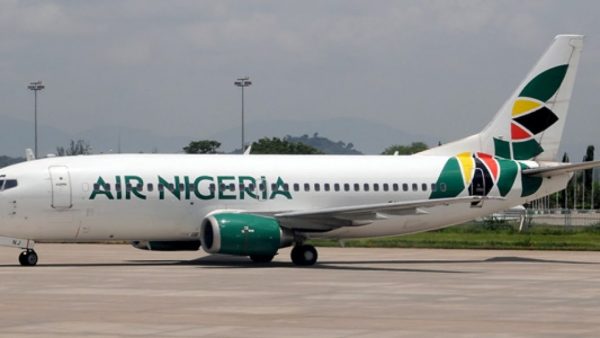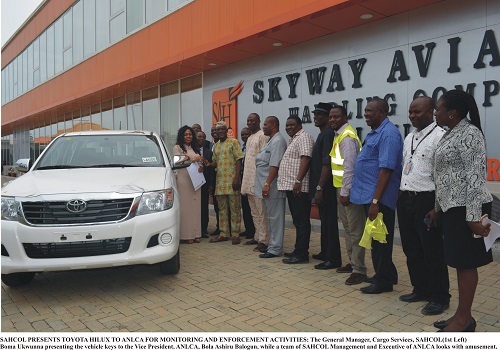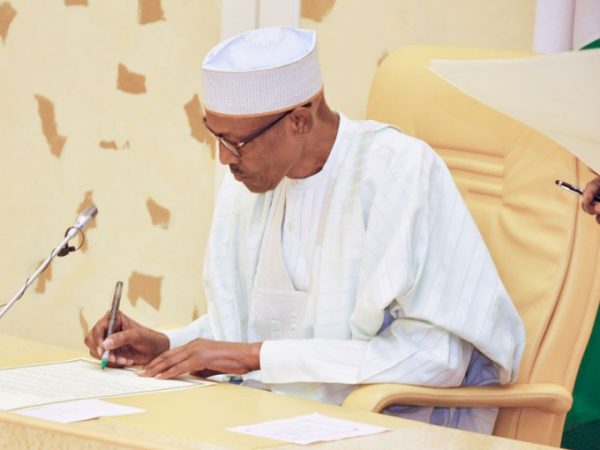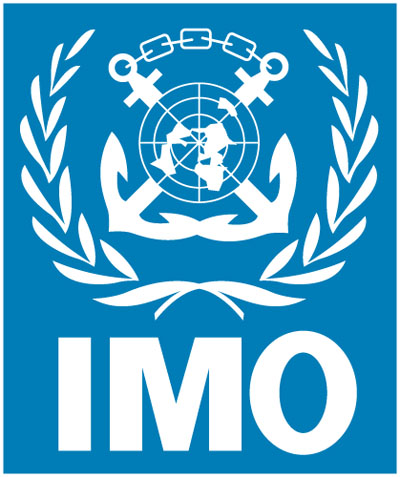Nigeria Air awaits new court date, knows fate next month
•Saudi rolls out new national carrier in six months
Embattled new national carrier, Nigeria Air, and concerned parties are awaiting a new date for continued hearing of the suit challenging propriety of the new venture.
The suit, following the contentious transfer of case file from Lagos to Abuja Federal High Court, has been stalled since February. A new date may come as early as March 22, media has learnt.
But while Nigeria Air has failed to make headway in over seven years of trying, Saudi Arabia has launched another national carrier – Riyadh Air – in about six months of planning and purposeful execution.
The ambitious carrier aims to be the largest airline in terms of revenue across the Middle East, beating the industry’s Gulf rivals such as Emirates, Qatar Airways, and Etihad.
It will be recalled that President Muhammadu Buhari’s promise to have another go at the national carrier has missed six take-off dates before landing in court last November.
Apparently unimpressed by modalities of the new project, local airline operators have headed to court to challenge the logic of a Nigeria Air operated by Ethiopian Airlines – a fellow competition on the continent. They also questioned the project’s lack of transparency on funding and alleged zero consideration for local operators and national interest.
President Buhari last month, met with Ethiopian Airlines Board Chairman, Girma Wake, in Addis Ababa, Ethiopia, expressing confidence that “things will be alright.”
The Guardian, however, heard that the defendants (Nigeria Air, Ministry of Aviation, and co.) had succeeded in transferring the case from Lagos to Abuja Federal High Court.
In a reaction the plaintiffs, said: “We are in the process of challenging that because the court in Abuja is not aware of the pending case in Lagos. They (defendants) initially challenged the jurisdiction, just to have the case transferred to Abuja. We have filed an objection to that,” an airline operator said.
Another source hinted that the case might come up on March 22, 2023, with the likelihood of a final determination in April, which is about a month to the end of the Buhari-led administration.
Saudi shows the way
Aviation stakeholders have consistently said setting up a new airline is not rocket science to warrant seven years of trial and error. Ibom Air did it successfully in about a year. There are examples of good turnaround time in the world, and the latest is Saudi Arabia.
Last weekend, Saudi’s Crown Prince, Mohammed bin Salman, officially launched a new national airline called Riyadh Air, intending to create a more financially sustainable aviation industry in the country.
Backed up by the kingdom’s Public Investment Fund (PIF), the second flag carrier will be led by the industry’s veteran, who is also the former chief executive of Etihad, Tony Douglas.
The new carrier is expected to add $20 billion to the country’s non-oil GDP growth and produce over 200,000 jobs both directly and indirectly, according to an official statement.
Operating from the Riyadh hub, the airline aims to make King Khalid International Airport (RUH) the gateway between the three continents of Asia, Africa, and Europe. According to the statement, Riyadh Air expects to grow its route network to 100 destinations in seven years.
Rather than wet-lease aircraft to hurriedly start a new national carrier, Riyadh Air had been in talks with both Airbus and Boeing aircraft manufacturers since last year. In October 2022, the new carrier was in advanced negotiations with the European aircraft manufacturer to purchase at least 40 Airbus A350 wide body jets. The purchase deal with Boeing is estimated to be worth $35 billion.
Saudi Arabia is now home to two national airlines, both serving as the kingdom’s flag carriers. In a unique move, Riyadh Air is not intended to replace Saudi Arabian Airlines (Saudia), but rather to work alongside the existing flag carrier by offering different services.
Saudia currently serves more than 90 destinations across Asia, Africa, Europe, the Middle East, and North America. From its base at Jeddah Airport (JED), the airline operates a fleet of 150 aircraft, including 43 Airbus A320s, 35 Boeing 777s, 32 Airbus A330s, 18 Boeing 787 Dreamliners, 15 Airbus A321s, four Boeing 777Fs, and three Boeing 747Fs.








